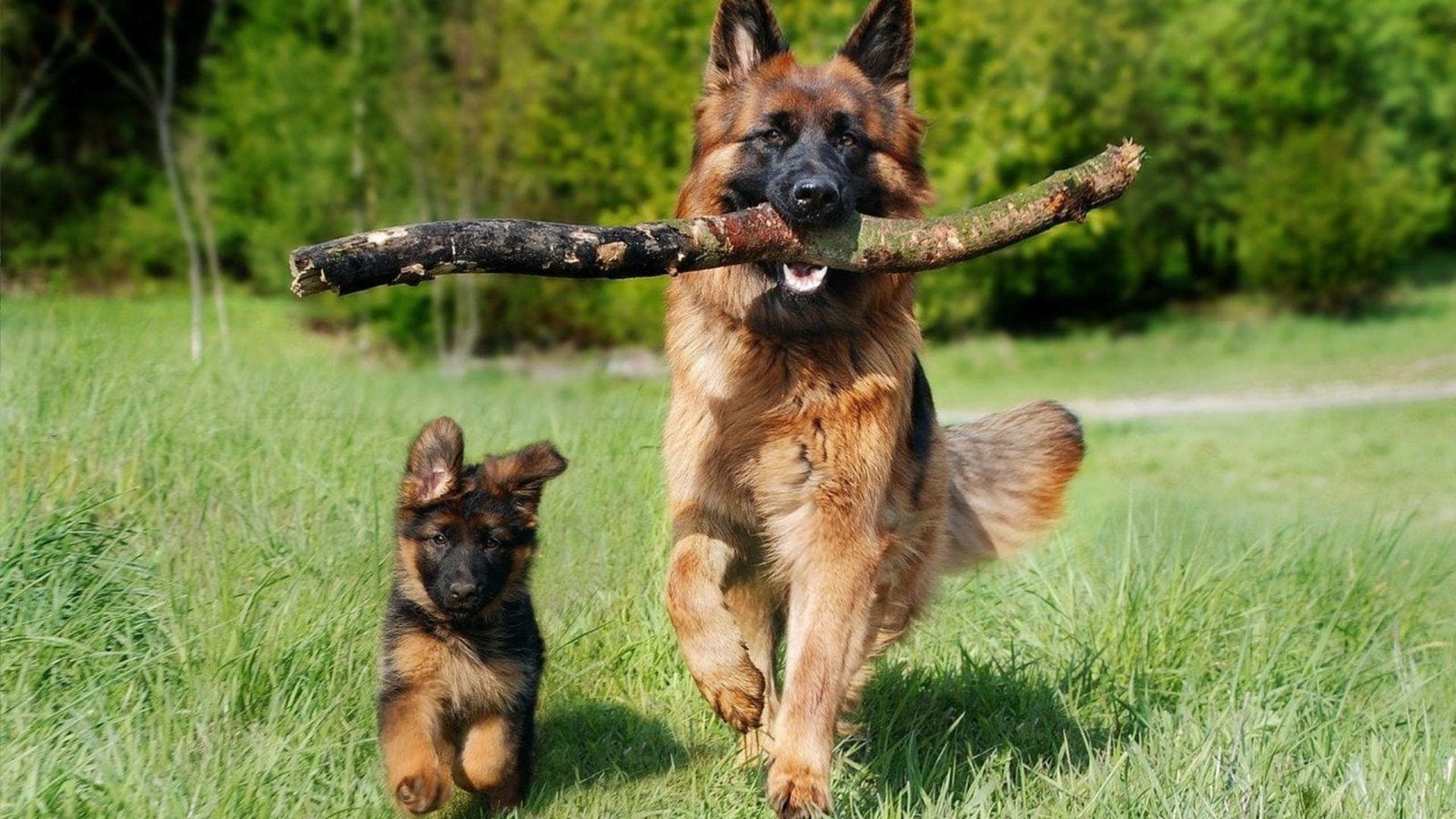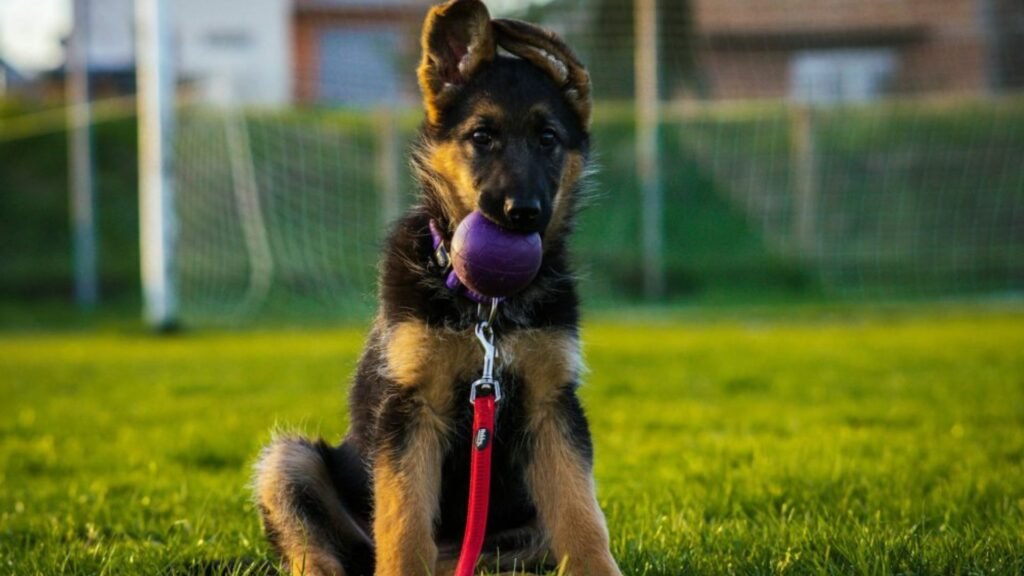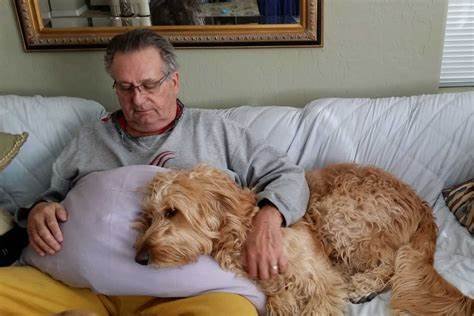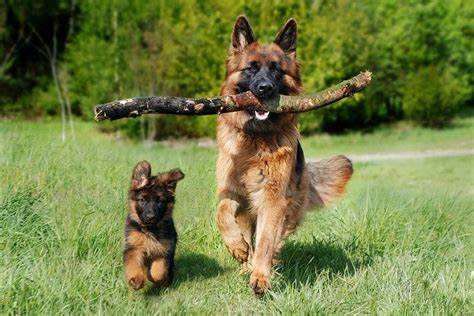
Best Training Tips for German Shepherd Puppies
Training a German Shepherd puppy is an exciting journey that lays the foundation for a well-behaved, confident, and happy adult dog. Known for their intelligence, loyalty, and versatility, German Shepherds excel in various roles, from family companions to service dogs, police dogs, and protection dogs. However, their potential is only unlocked through effective and consistent training, starting from a young age.
Whether you’re bringing home a German Shepherd puppy for the first time or you’re looking to fine-tune your training methods, this guide will provide you with essential training tips to ensure your puppy grows into a well-mannered, responsive adult dog.

Start with Basic Obedience Early
One of the most important training tips for German Shepherd puppies is to start basic obedience training early. German Shepherds are quick learners, but they need structure and guidance from the outset.
Key Commands to Teach Early:
- Sit: This basic command is the foundation of many other behaviors. Use a treat to guide your puppy into the sitting position, and say “sit” as you do.
- Come: Teaching your puppy to come when called is essential for safety. Start in a quiet area and use a high-value treat to encourage your puppy to come to you.
- Stay: This command helps teach patience and impulse control. Start with your puppy sitting and gradually increase the duration of the “stay.”
- Down: Teaching your puppy to lie down on command will help with their overall obedience and calmness.
Use positive reinforcement, such as treats, praise, and toys, to reward your puppy for correct behavior. Be consistent with commands and patient as they learn.
Socialization is Crucial
German Shepherd puppies need to be well-socialized from a young age to develop into confident, well-rounded adult dogs. Early socialization helps prevent behavioral problems such as fear aggression or anxiety around new people, animals, or environments.
How to Socialize Your Puppy:
- Introduce to new environments: Take your puppy on walks to different places (parks, streets, stores) so they can experience new sights, sounds, and smells.
- Meet different people: Expose your puppy to people of all ages, genders, and backgrounds. Encourage positive interactions to prevent fear-based behavior around strangers.
- Interact with other dogs: Arrange playdates with other dogs (vaccinated and well-behaved) to teach your puppy how to interact with their peers.
- Get them used to various sounds: Play recordings of everyday noises (vacuum cleaners, sirens, doorbells) to help your puppy become accustomed to common sounds in the household.
Socialization should always be a positive experience for your puppy. Reward them with praise or treats for calm and confident behavior when meeting new people or animals.
Use Positive Reinforcement
Positive reinforcement is a powerful tool for training German Shepherd puppies. Instead of relying on punishment or negative reinforcement, focus on rewarding desired behaviors. This method encourages your puppy to repeat the actions you want them to perform.
Tips for Positive Reinforcement:
- Use treats: Find high-value treats that your puppy loves, such as small pieces of chicken or cheese, and reward them immediately after they perform the desired behavior.
- Praise and affection: In addition to treats, give your puppy lots of praise and affection. Verbal cues like “Good boy!” or “Well done!” go a long way in reinforcing positive behavior.
- Timing is key: Reward your puppy immediately after they perform the desired action, so they associate the behavior with the reward.
- Be consistent: Use the same command words and rewards each time to prevent confusion and help your puppy learn faster.
Positive reinforcement not only helps teach good behavior but also strengthens the bond between you and your puppy.
Conclusion
Training a German Shepherd puppy is a rewarding experience that sets the stage for a happy, well-behaved adult dog. By focusing on basic obedience, socialization, positive reinforcement, and mental stimulation, you can raise a confident, loyal, and responsive German Shepherd. Patience, consistency, and early training are key to fostering a strong relationship with your puppy and ensuring they grow into a well-adjusted, well-behaved adult dog.







